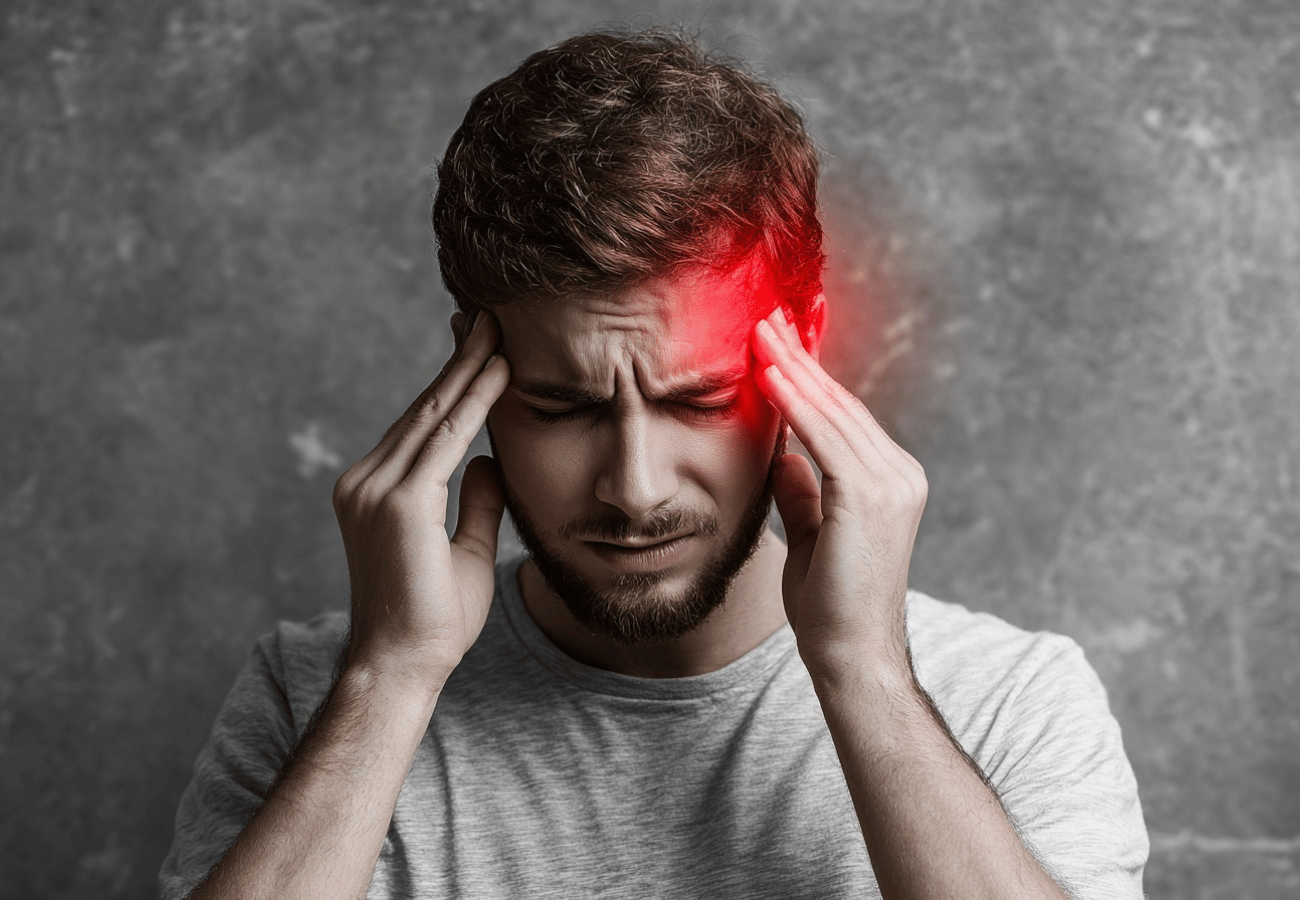Meta Description: What seemed like an ordinary scalp pimple turned into a shocking medical discovery. Learn about cysts, unusual skin bumps, and when to seek
Read MoreMeta Description: Discover 15 game-changing soda tricks for perfect baking. Master homemade soda recipes with expert tips that transform your kitchen skills. Introduction: Unlock the
Read MoreMeta Description Discover the hidden signs of vitamin B12 deficiency before nerve damage occurs. Learn symptoms, causes, and how to boost B12 naturally! Introduction: The
Read MoreMeta Description Discover how cabbage leaves can naturally relieve breast pain, swelling, and engorgement. Learn this ancient remedy backed by modern research! Introduction: An Ancient
Read MoreMeta Description: Discover the critical anemia symptoms and early warning signs. Learn how to recognize iron deficiency, prevent complications, and protect your health today. Have
Read MoreMeta Description: Discover the signs of clogged arteries before it’s too late. Learn symptoms of blocked arteries, prevention tips, and how to protect your heart
Read MoreMeta Description: Learn the early warning signs of stroke that appear months before. Recognize symptoms in men and women, understand risk factors, and discover prevention
Read MoreMeta Description Discover 11 critical dehydration symptoms your body sends when you need more water. Learn how to spot these warning signs and protect your
Read MoreMeta Description: Discover the subtle breast cancer warning signs women often miss. Learn early detection tips and symptoms that could save your life. When most
Read MoreMeta Description: Discover what happens when you eat eggs every day! Learn the surprising benefits of eating 2 eggs daily and debunk common cholesterol myths.
Read More








